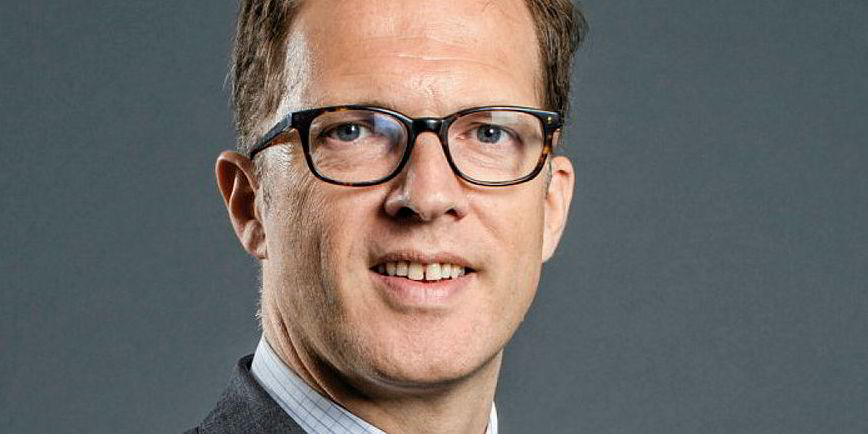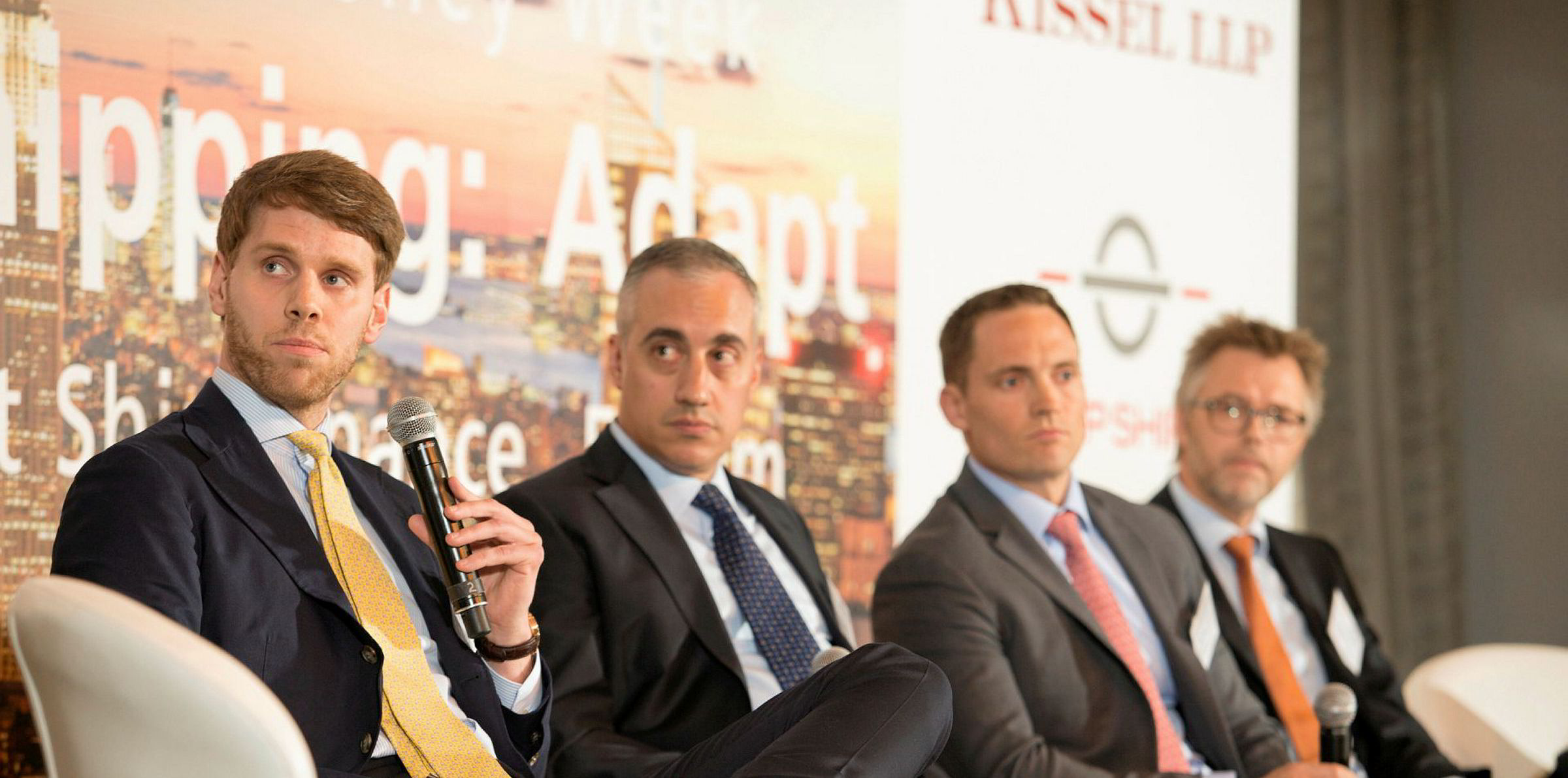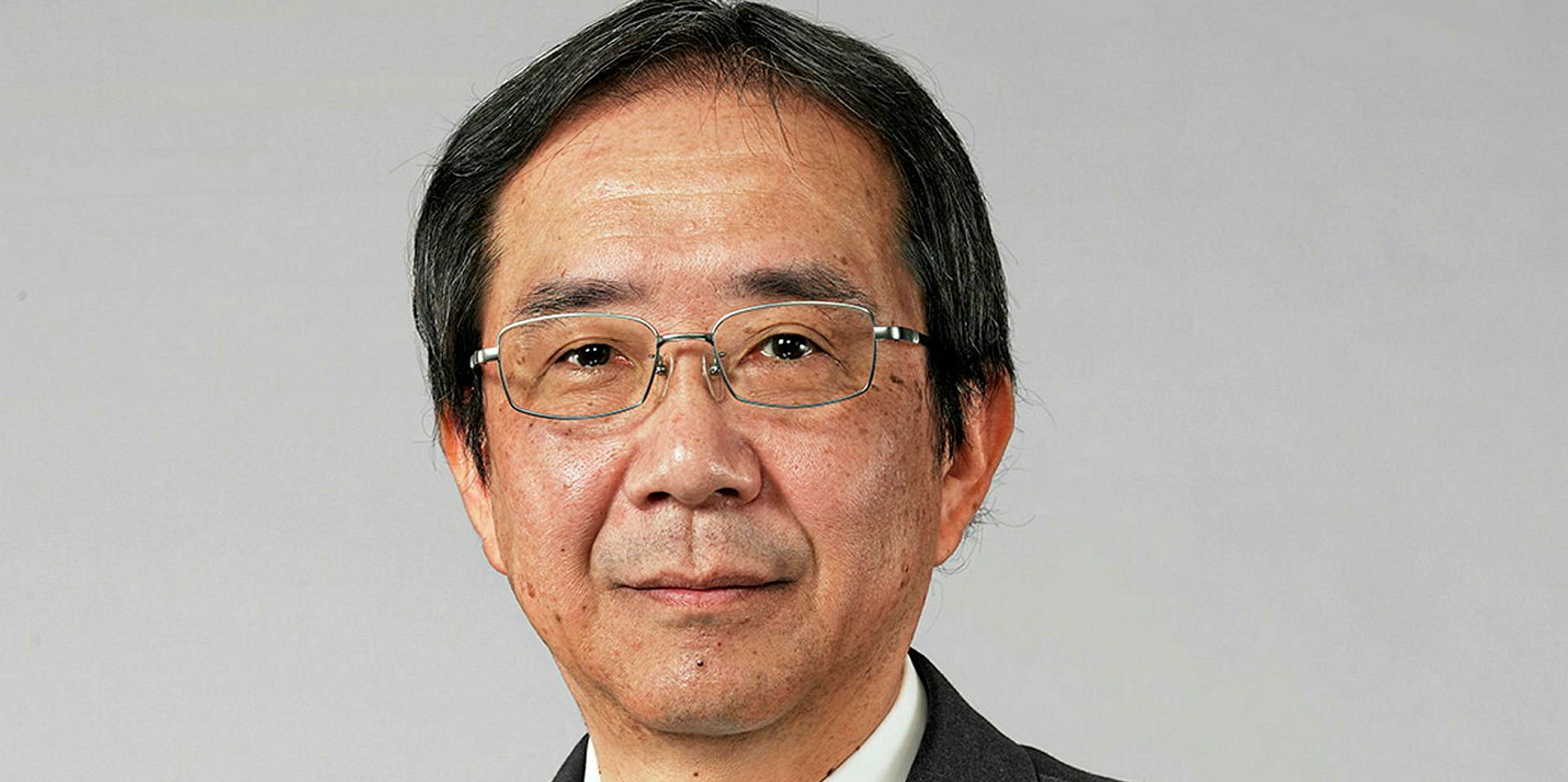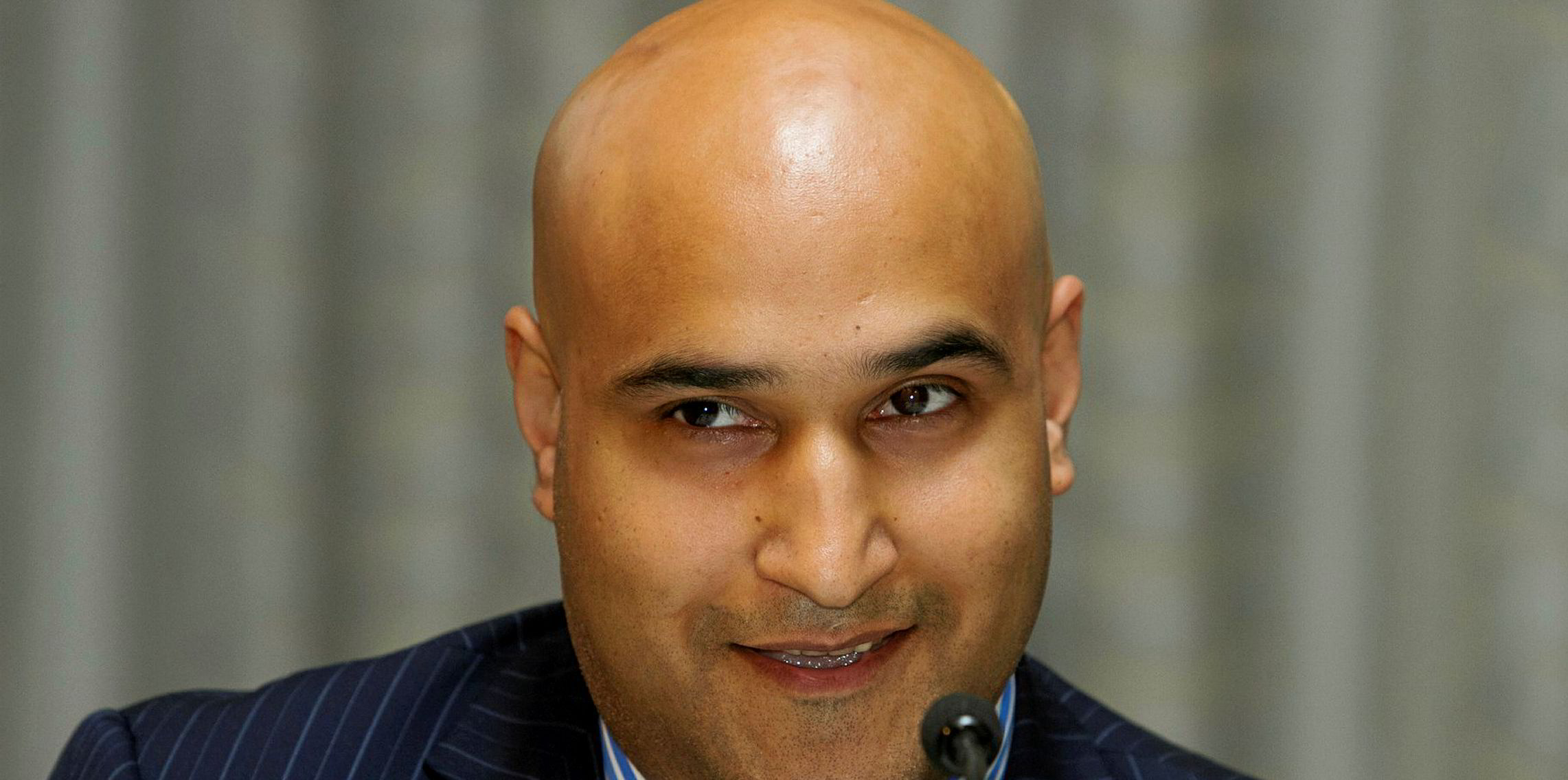Euronav has revealed a doubling of its term tanker coverage, but is not seeking to add contracts merely because they are available.
Rate spikes this year due to crude price cuts and Saudi volume increases have allowed tanker operators some "optionality" to lock in high rates for the upcoming six months, the Belgian company said.
Euronav has fixed a number of vessels to take advantage of these opportunities before an expected drop in rates later this year as stored oil stocks are drawn down.
The shipowner now has 19% of its fleet of 68 vessels on time charters of various lengths. It had only 10% on similar deals at the end of last year.
"It is important to know that when we take a decision to fix the ship for a six-month time charter, we will always compare the rate offered to what we can do in the spot market for our next voyage," chief executive Hugo De Stoop told analysts.
"Often, the shorter spot voyage offers you more than a six-month time charter fixed contract."
De Stoop pointed to three recent contracts signed for VLCCs, one of which was for two years.
One suezmax has been fixed for four months and another two for eight or nine months, he added.
The company will continue to look at similar opportunities.
Timing is everything
"I think that when it's a six-month contract, quite frankly, we shouldn't differentiate between spot and six-month contracts because you will look at the spots, you will look at the next voyage," the chief executive added.
"You are being asked to deliver the ship promptly, which means that you can completely compare and assess what is more lucrative, leaving it in the spot market or pulling it on a six-month charter."
He said that three or four vessels are on six-month charters.
"But we only accept to book them because at that time, there might have been a little bit of weakness in the spot market, and at that time, the six-month contract was paying more," he said.
We are hopeful that we will see more opportunities for longer duration than six months because, as I said, six months is very much high in the spot market
Hugo De Stoop
The company has had "plenty of other opportunities" that it turned down, because "when you compare $75,000 a day, which is on average what we were offered for six months, and a voyage that can give you $130,000, then, obviously, you take the $130,000 for 90 days".
De Stoop said: "We are hopeful that we will see more opportunities for longer duration than six months because, as I said, six months is very much high in the spot market. And whenever we see those opportunities, we are likely to try to grab them because it's good to have a sort of a balanced approach."
Asked what rates he was being offered for six-month deals, he said rates had been anywhere between $65,000 and $80,000.
Spot rates were around $55,000 from the Middle East Gulf to Asia on Tuesday, while Fearnley Securities assessed six-month and 12-month storage term deals at $45,000 and $35,000 respectively.
"It depends a little bit where you're doing it. It depends if the ship is going to move or if you believe that the ship is going to move at the start or at the end of the voyage," De Stoop added.
"So there are a couple of details that will influence the rate. But I think that it's maybe a little bit weaker than what we saw in the first phase, but not that much for the time being."
Bond buy-back regret
On a financial tack, Euronav bought back a "very, very small portion" of its bonds during the big stock sell-off that hit the market in March due to the coronavirus pandemic.
"We wish we could have done more, but the value of our bonds bounce back very quickly to par or even above par as they're trading today," De Stoop said.
Obviously, we're not satisfied with the share price where it is right now. It has been a very volatile quarter, not only in terms of rates, but also in terms of share price
Hugo De Stoop
"Obviously, we're not satisfied with the share price where it is right now. It has been a very volatile quarter, not only in terms of rates, but also in terms of share price."
The chief executive added: "Our goal is not to chase the share price and not to support the share price at every single point in time. So if we feel the share price is weak for a prolonged period of time, then, obviously, we will prefer share buy-backs than dividends."
But he said he doesn't see the company ever eliminating its dividend.
"That's not something that we will ever do in any way," he said. "We have a policy for a minimum fixed dividend."
In a letter published on Monday, analysts at Deutsche Bank asked the company to consider dropping its dividend.
It is paying out 80% of its $226m first-quarter net profit to shareholders.
De Stoop said that over the period, plus a little bit of last year, this represented an 11% yield.
"I mean this is crazy, clearly abnormal," he added.






